10 Most Loaded Statements Of The Year (So Far)

Loaded statements sometimes pass by unnoticed. And that's a shame, because in the IT industry, these seemingly innocuous comments can often reflect issues of larger importance, such as a vulnerability one company sees in another, or a major problem that has somehow escaped people's notice.
We're trying to make sure this doesn't happen. Here we've collected 10 of the most loaded statements of the year so far, which are notable for touching on broader reaching undertones, and in some cases are just downright amusing.

-- Stephen DeWitt, then-senior vice president of HP's Americas Solution Partners Organization, now senior vice president and general manager of HP's new WebOS global business unit.
HP, by virtue of its acquisition of Palm last April, is the only IT vendor that can offer mobile device hardware and software. But HP believes its strong channel program will be a major competitive advantage, particularly in the enterprise, where HP says companies are itching for a more secure and manageable alternative to the iPad.
When Dewitt made this comment at HP's Americas Partner Conference in March, he was laying down the gauntlet against Apple's indifference -- some might say outright contempt -- for the channel. Meanwhile, Apple says 86 percent of the Fortune 500 are deploying or testing iPad, but DeWitt and HP are still trying to create the belief that HP's channel and enterprise expertise will help put a dent in the iPad's head start.
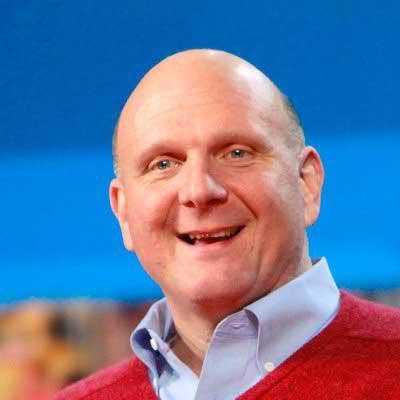
-- Microsoft CEO Steve Ballmer, in his 2011 Worldwide Partner Conference keynote
Judging from this comment, Microsoft CEO Steve Ballmer has at least maintained his sense of humor as he's watched the rest of the mobile industry do laps around Microsoft.
Of all Ballmer's shortcomings, the software giant's woeful standing in the mobile device market may be the most glaring in the eyes of investors. Windows Phone 7 may yet be a success, but for now it's being widely considered an incremental improvement for a company that desperately needs a home run with iPhone-like impact.
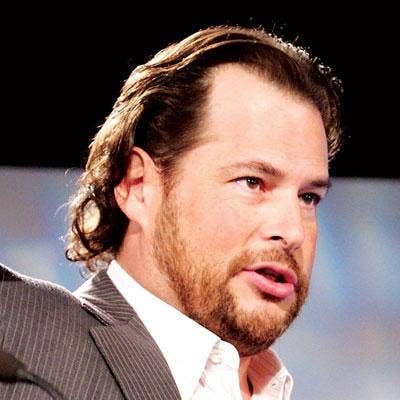
-- Salesforce.com CEO Marc Benioff, speaking in June at Salesforce's Cloudforce 2011 event in Boston.
There's a case to be made that Marc Benioff spends every minute that he's not involved in CEO-like functions coming up with zingers against competitors. And this would explain why he often comes up with some profoundly humorous one-liners.
The quote above, however, can hardly be considered among Benioff's best work. Sure, he's making cloud latecomers the brunt of the joke, while shining light on social networking, the next Big Thing on his radar. But frankly, we -- as an industry -- are still getting up to speed on all the cloud trash talk, and switching the narrative to a new technology is going to confuse us, Mr. Benioff.
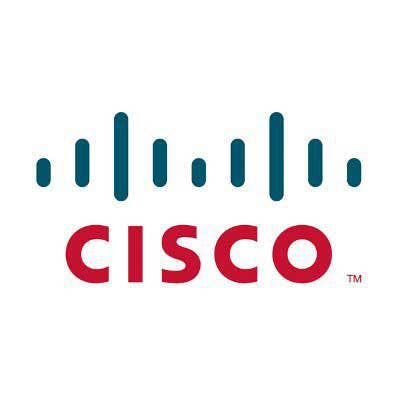
-- Chris Hoff, former director of cloud and virtualization solutions for Cisco's Security Technology Business Unit (STBU), in a blog post confirming his move to Juniper, where he is now chief security architect.
Losing Hoff, a prominent security industry figure, to rival Juniper was one of the biggest gut-punches Cisco has absorbed this year. Hoff didn't sugarcoat his views in his blog confirming the move. Clearly, the lack of execution Cisco CEO John Chambers alluded to in recent speeches is having a trickle down impact on executive morale.
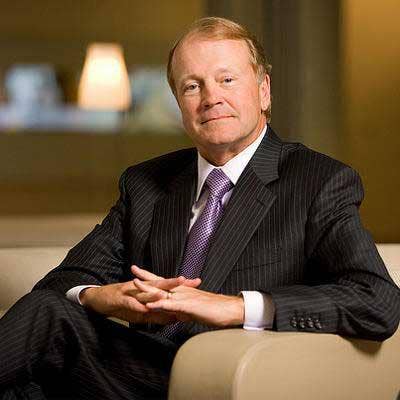
-- Cisco CEO John Chambers, in a keynote at Cisco Live in Las Vegas
Cisco is in the midst of one of the roughest patches in company history, and ever since Chambers' now-infamous memo in April, he's been putting the brakes on the "Cisco is changing the world" talk in favor of raw, unvarnished mea culpas about where and how things went wrong. The implicit message: We know we screwed up by chasing too many different golden rings at once, but now we're wiser, and about to get more lean and efficient.
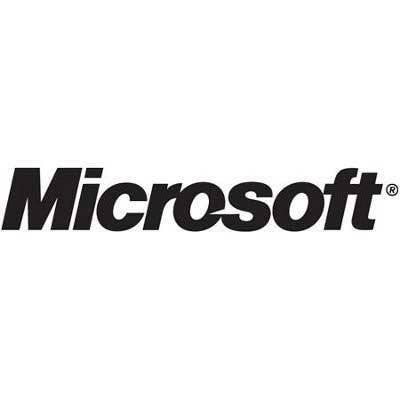
-- Jean-Philippe Courtois, president of Microsoft International, in an interview with Reuters in January at the World Economic Forum, responding to a question about whether Microsoft will be able to catch Apple in tablets
Microsoft has watched with a special brand of jealousy as Apple's iPad has carved an indelible impression in the global psyche. After all, Microsoft tried bringing tablets to market a decade ago. Perhaps that's the undercurrent of Courtois' comment, which came in response to a question about Microsoft's ability to catch up in the tablet market.
Courtois is suggesting that the iPad is a fad, but Apple's figures for the device's penetration in the enterprise suggests otherwise. He did add that cloud computing will be a more important aspect of IT infrastructure going forward, and that's a point that garnered much less attention than his thinly veiled iPad jab.
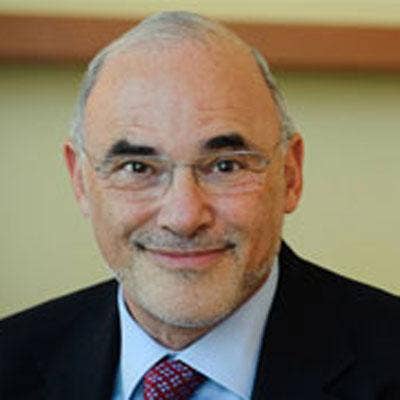
-- HP CEO Leo Apotheker, in a February BBC interview
OK, so Apple has a few game changing products. So what? There's no reason why HP can't achieve that same exalted status in the hearts and minds of consumer and business mobile device users.
That's the upshot from comments HP CEO Leo Apotheker made to the BBC, and they underscore how HP views Apple, the only other company it's competing with that makes both mobile hardware and software.
Apotheker also cited HP's "wow factor from the consumer side" as evidence that someday, its product releases could be attended by similarly sized throngs of borderline rabid mobile device fans as Apple has been attracting for years.
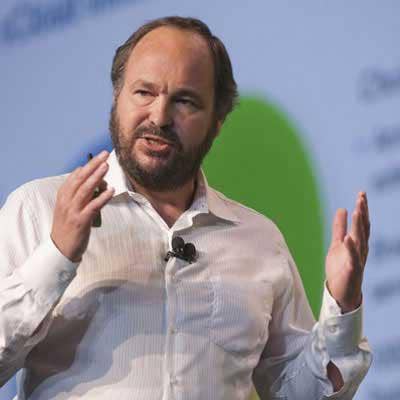
-- VMware CEO Paul Maritz, in an interview with CRN in late June, responding to a question about Google attracting growing scrutiny from government regulatory agencies.
Maritz was Microsoft's star witness during the software giant's antitrust trial over a decade ago, so he knows a few things about the government getting involved in the affairs of private enterprise. Reading between the lines, it's evident that Maritz learned more than he thought he would -- or would have cared to -- from that experience.
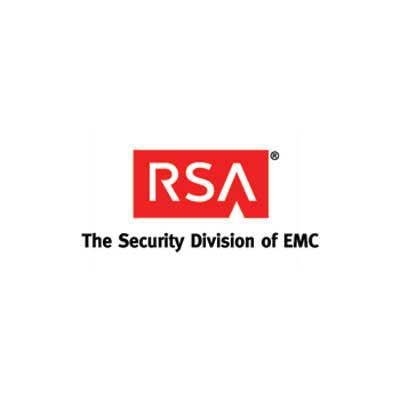
-- RSA Executive Chairman Art Coviello, in an open letter to customers in March on the SecureID breach.
After hackers compromised RSA’s SecureID two-factor authentication tokens in a March attack, Coviello said it didn’t appear any customers had been affected by the breach. However, RSA declined to reveal what information was taken or how it could affect customers. In June, after high-profile attacks targeting Lockheed Martin, Northrop Grumman and L3 Communications, RSA said it would replace its SecureID tokens. RSA was vilified for waiting three months to offer this option.
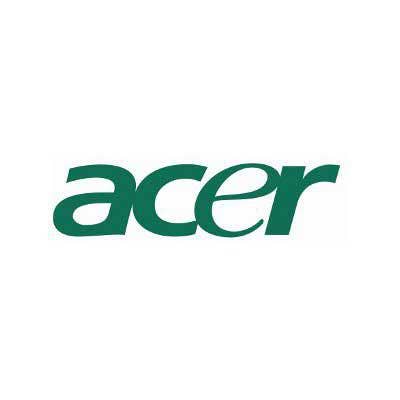
-- Acer, in a company statement in March explaining the departure of former CEO Gianfranco Lanci
Acer CEO Gianfranco Lanci left Acer in March after an impasse with the company's board, and only later did it emerge that he did so because Acer's higher-ups weren't keen on his plan to make Acer into a global force in the tablet and smartphone space. Lanci said as much in a subsequent interview with All Things Digital.
Acer Chairman J.T. Wang, who became interim CEO after Lanci's departure, then embarked on a new tablet strategy, one that it's safe to say is a lot different from the one Lanci was planning. Wall Street didn't like Lanci leaving the company, attributing much of Acer's recent success to him.